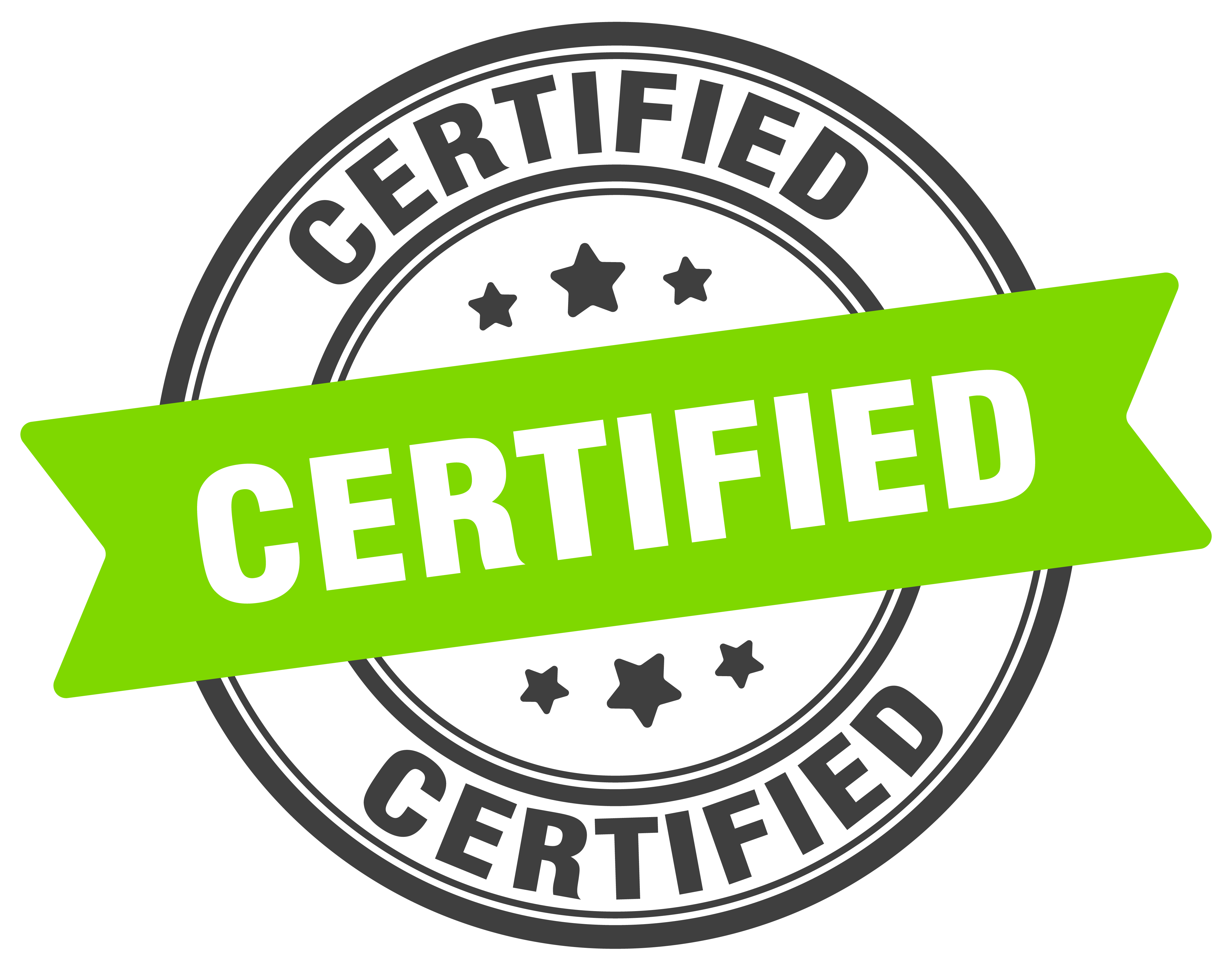Table of Contents
- Understanding the Role of a Certified Property Manager
- Definition of a Certified Property Manager
- Importance of Certification in Property Management
- Advantages of Hiring a Certified Property Manager
- Expertise and Knowledge
- Improved Property Value
- Enhanced Tenant Relations
- Property Management Certification Programs
- Courses, Training & Ongoing Education
- FAQs
Understanding the Role of a Certified Property Manager
A certified property manager preserves asset value, maximizes ROI, and ensures legal compliance. They oversee daily operations—marketing, leasing, inspections, maintenance, vendor management, and accounting—so owners can stay hands-off while staying informed.
Definition of a Certified Property Manager
A certified property manager is a professional who completed rigorous coursework and passed exams to earn recognized credentials (e.g., CPM®, RMP®, MPM®). These designations validate advanced competence in leasing, compliance, finance, and resident experience.

Importance of Certification in Property Management
- Up-to-date standards: current laws, fair housing, trust accounting.
- Legal compliance: risk mitigation, notices, documentation, lease enforcement.
- Professional credibility: codes of ethics, continuing education, peer review.
Advantages of Hiring a Certified Property Manager
- Efficient financial management: budgeting, owner statements, 1099s, and variance controls.
- Strategic marketing: optimized listings, professional photos/video, and multi-channel syndication.
- Effective tenant screening: credit, income, rental history, and verified ID to reduce risk.
- Crisis handling & dispute resolution: after-hours response, habitability, and court-ready records.
Expertise and Knowledge
Certified managers stay current on market trends and technology—rent pricing models, maintenance workflows, resident portals, and Florida landlord-tenant law. You get proactive guidance instead of reactive fixes.
Improved Property Value
Through preventive maintenance, vendor audits, and data-driven turns, certified managers keep rentals in prime condition—improving rental income and long-term resale value.
Enhanced Tenant Relations
Expect clear communication, documented service levels, and fair policies. Strong resident relations reduce turnover and vacancy—delivering stable, predictable income.
Property Management Certification Programs
Leading Organizations
- Institute of Real Estate Management (IREM) — CPM®
- National Association of Residential Property Managers (NARPM) — RMP®, MPM®
- Building Owners and Managers Association (BOMA) — commercial property education
Courses, Training & Ongoing Education
Recommended Course Topics
- Lease agreements, renewals, and rent-ready standards
- Marketing strategies to attract and retain quality residents
- Fair housing, notices, and Florida-specific compliance
- Maintenance strategies & vendor pricing controls
- Financial reporting & performance dashboards
Ongoing Education & Skills Development
Continuing education keeps managers sharp on tech (resident apps, inspections, automation), law, and customer experience—so your portfolio benefits from leading practices year-round.

Talk to a Certified Property Manager
Want lower vacancy, cleaner turns, and better resident experiences in Central Florida? Connect with our certified team to see how we can help. Allegiant Management Group is a certified property management company.
Get My Free ConsultationFrequently Asked Questions
- A certified manager has verified training and credentials, ensuring proven competence in compliance, finance, maintenance, and tenant relations.
- Not necessarily. Certified managers often lower total ownership costs by reducing vacancy and avoiding legal missteps.
- Ask for CPM®, RMP®, or MPM® and confirm through IREM.org or NARPM.org directories.
- Florida’s statutes and association rules add complexity. Certified managers have systems to stay compliant and protect your investment.
- Yes—credentials like CPM® and RMP® are respected across the U.S.



